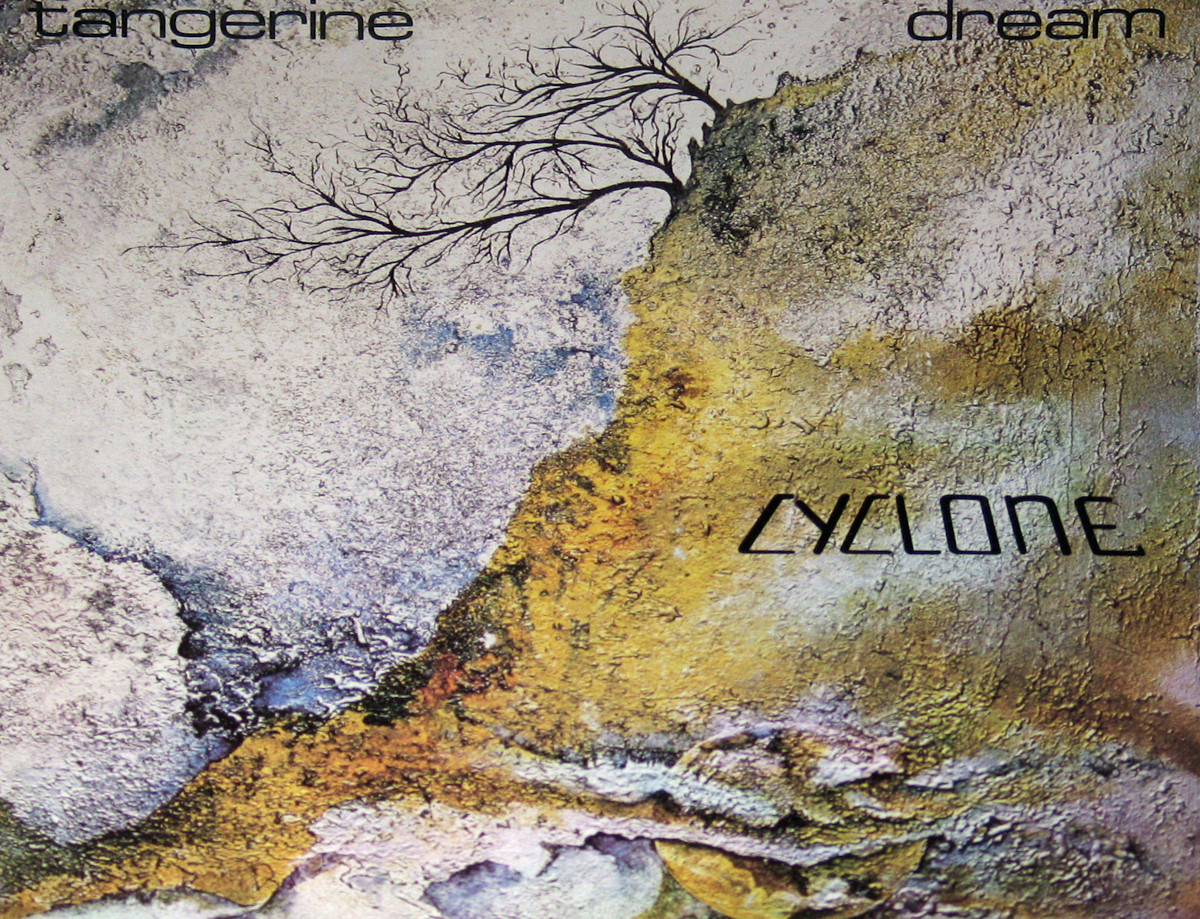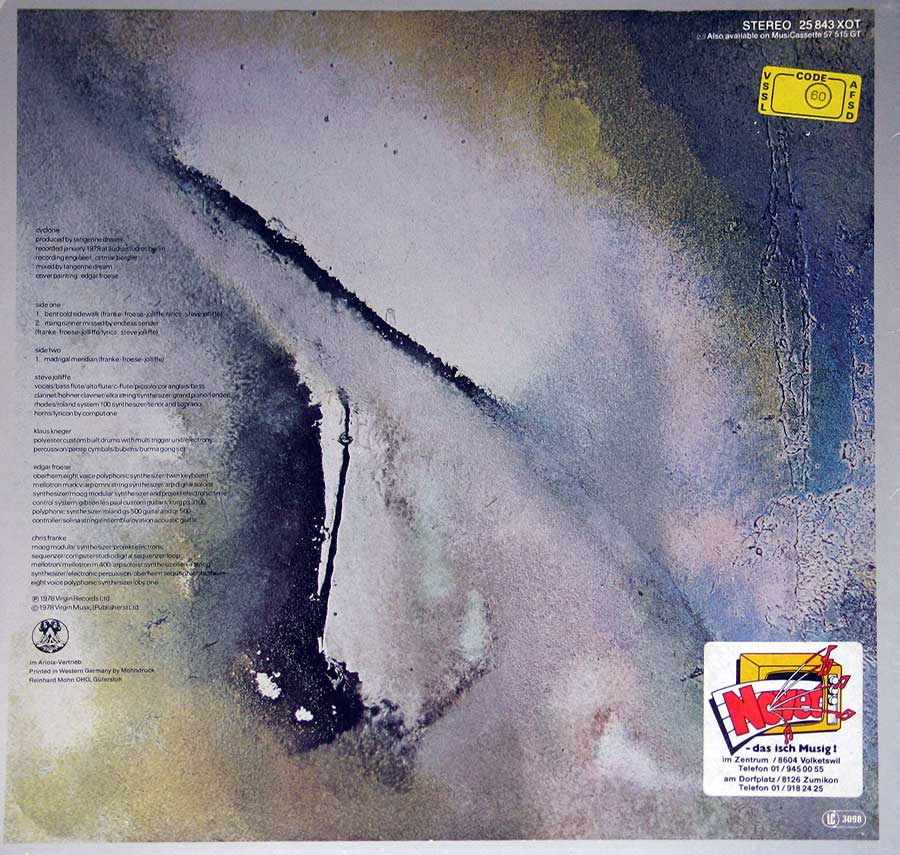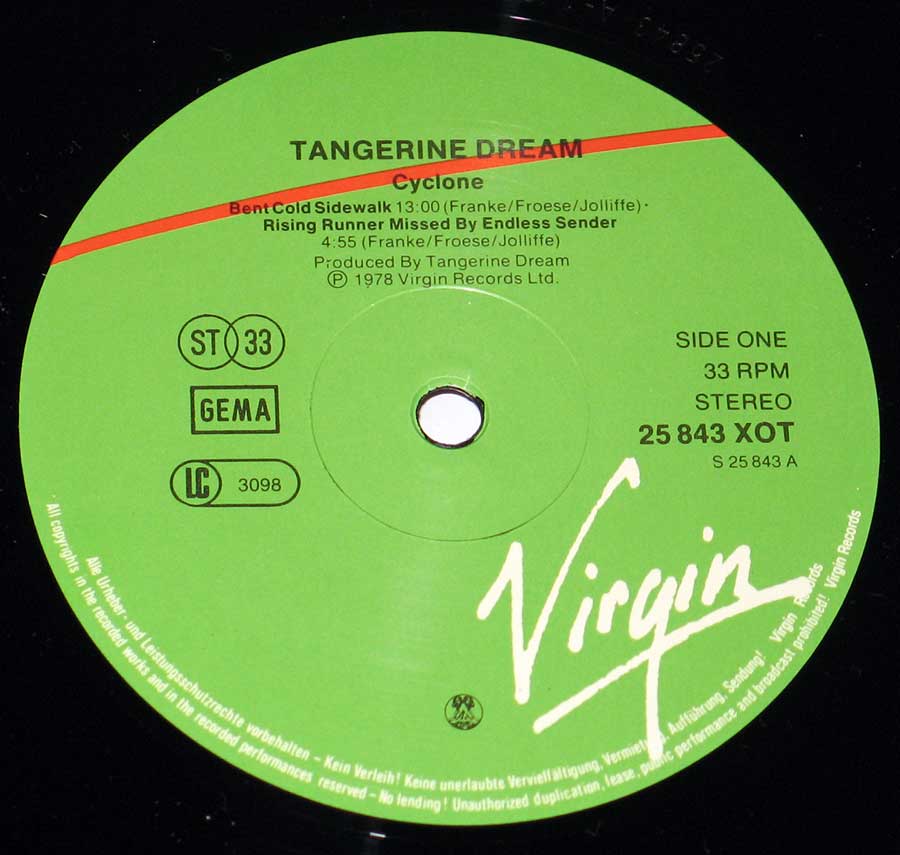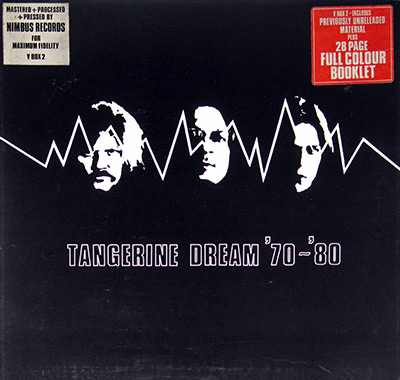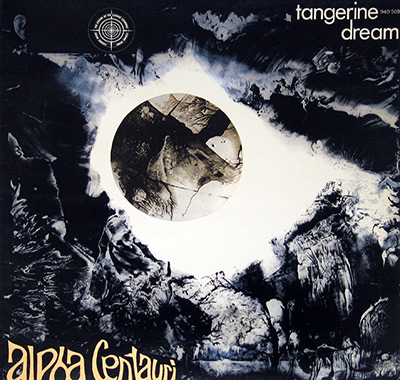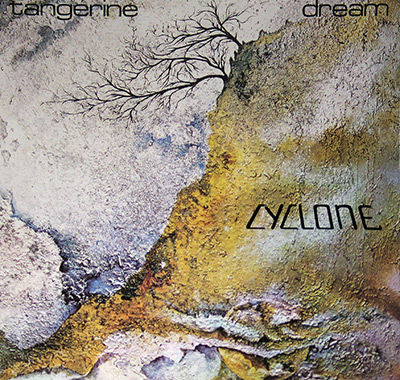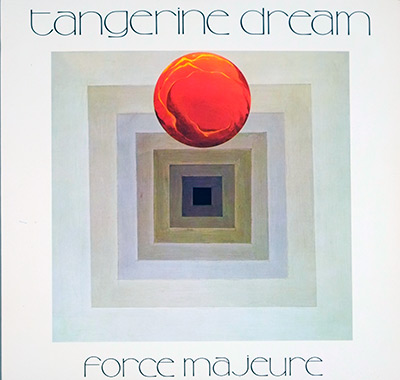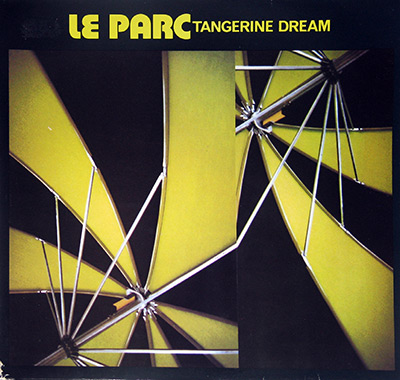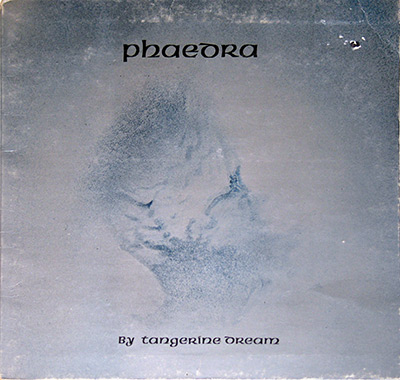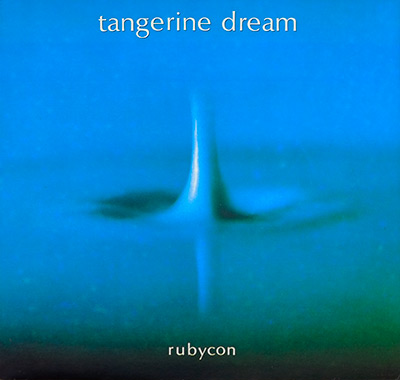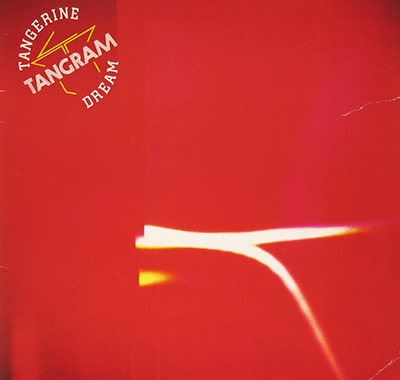Cyclone Album Description:
Historical Context of 1978
The year 1978 was a turbulent period in both global affairs and the music industry. Politically, the Cold War still shaped Europe, while cultural shifts embraced new freedoms and experimentation. In the music world, punk rock and disco dominated the charts, yet progressive and experimental bands like Tangerine Dream carved out their own unique path. Amid this landscape, electronic music was beginning to emerge as a serious art form, blending avant-garde influences with rock sensibilities.
The Krautrock and Progressive Scene
Tangerine Dream belonged to the German Krautrock movement, a loosely defined scene characterized by its experimental and boundary-pushing approach. Alongside contemporaries such as Can , Amon Düül II, Neu! , and Kraftwerk , Tangerine Dream helped redefine rock by abandoning blues traditions and embracing electronics, improvisation, and hypnotic repetition. By the late 1970s, Krautrock was influential worldwide, paving the way for ambient, electronic dance music, and industrial soundscapes.
Musical Exploration on "Cyclone"
"Cyclone" marked a striking departure from Tangerine Dream’s earlier instrumental works. It was their first album to feature vocals and more traditional song structures. Tracks like "Bent Cold Sidewalk" combined lush synthesizer textures with lyrics and vocal delivery, a daring move that polarized listeners. The second side’s "Madrigal Meridian," however, returned to the sprawling instrumental landscapes for which the band was known, filled with sequencer-driven rhythms and ambient layers. The contrast between vocal-led tracks and extended instrumental exploration made "Cyclone" one of their most adventurous recordings.
Band Members and Key Figures
At the core of Tangerine Dream during this period were Edgar Froese, Chris Franke, and Klaus Krieger, with British vocalist and flutist Steve Joliffe joining for this album. Froese, the band’s founder, provided the vision and guitar work, while Franke’s mastery of sequencers and synthesizers defined the band’s evolving sound. Krieger contributed live percussion, adding a more dynamic, rock-oriented edge. Joliffe’s inclusion introduced vocals, woodwinds, and lyrics — a controversial but significant addition that reshaped the group’s sonic identity.
Band History and Line-Up Changes
Tangerine Dream formed in Berlin in 1967, originally as a psychedelic rock group before transitioning fully into electronic and ambient experimentation. Over the years, the line-up changed frequently, with Edgar Froese as the constant driving force. By 1978, the group had already released influential works such as "Phaedra" and "Rubycon," which cemented their reputation in electronic music. The "Cyclone" line-up was relatively short-lived, as Joliffe would leave after the album and tour, returning the group to its largely instrumental form in subsequent releases.
Controversy Surrounding "Cyclone"
The release of "Cyclone" caused controversy among fans and critics alike. Longtime followers of Tangerine Dream were startled by the introduction of vocals, feeling it betrayed the band’s identity as pioneers of instrumental soundscapes. Critics were divided: some appreciated the bold experiment, while others dismissed it as a misstep. The album thus occupies a unique place in the band’s history, remembered both for its ambition and for the debates it sparked within the progressive music community.
